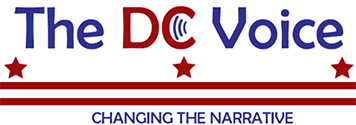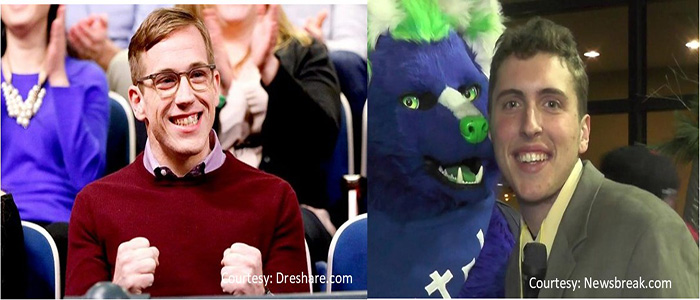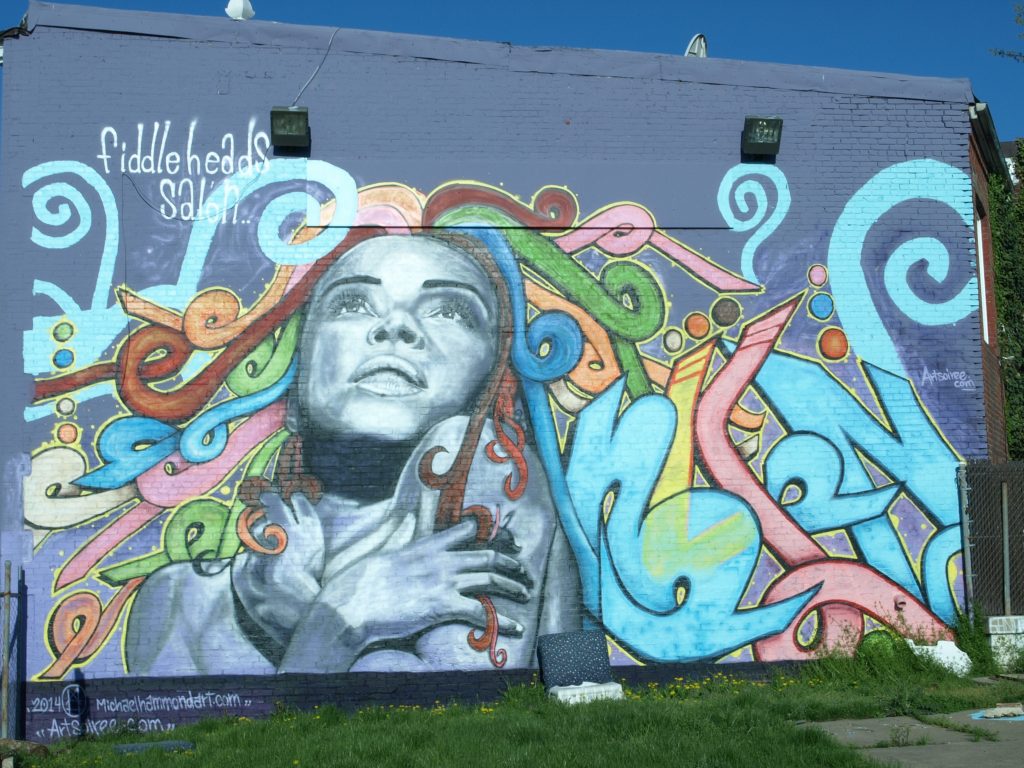It can be difficult to process or even believe many of the things happening in the world today, and particularly the things happening in the United States. Odds are that you have some idea of what I mean if you watched the recent presidential debate. You likely know exactly what I mean if you regularly pay attention to the American news cycle. One day we watch a national broadcast of two seventy-somethings screaming at each other from behind podiums, all while we know that the one who screams the most eloquently is supposed to be the one more fit to lead the country. Another day we learn that the “Watch Me Whip” kid was arrested for breaking into a house with a hatchet. And we must still sleep each night and remind ourselves that we, in fact, are not in the Twilight Zone.
In a time like ours, where we must face an everyday surrealism that never seems to make any more sense than it did yesterday, I find it especially entertaining to find and witness the work of creators that reflects the absurdity of our situation. Two such creators are Andrew Callaghan, the independent journalist behind All Gas No Brakes, which might best be described as a YouTube talk show with no audience, but guests more bizarre than anything that late-night television has ever drawn up, and Conner O’Malley, a comedian who specializes in satirizing those with unconditional love for America, the American Dream, Wall Street, and, most often, the president.
Callaghan’s work is understandably more straightforward—he is an interviewer. He has been compared to British documentarian Louis Theroux who, like Callaghan, prefers more-or-less unconventional human subjects to people you might meet on a sidewalk. Because of this, Callaghan has interviewed people at last year’s Internet-famous “raid” of Area 51, the Burning Man festival, on the streets of Las Vegas at night, AlienCon, the Flat Earth Conference, and this only begins to scratch the surface of All Gas’s scope.
To me, one of the most profound elements of Callaghan’s videos is how little he actually does in them. Typically, he asks relatively simple questions to which his subjects, in answering them, reveal the greatest extents of their unique personalities. The people he interviews quite literally do his work for him, which is a testament to just how unique and worthy of observation they are.
In finding and recording our significantly less-documented national clientele, Callaghan proves to his audience that it means more to be American than one would typically think.
The difference between Callaghan’s work and O’Malley’s is that O’Malley regularly acts like someone Callaghan would interview. His characters are often loud, insane, expressive, and self-destructively obsessed with one or more of the many topics the more fantastical and conspiratorial of our compatriots tend to be concerned with. For example, in his most recent YouTube video, “ANTIFA TOOK OVER MY BURGER KING (part 1),” he plays his usual frantic, conspiracy-minded character, who believes that “Antifa,” just as fictitious an organization in the skit as it is in reality, must have usurped ownership of his local Burger King because someone spray painted “ACAB” in large block letters on one of its walls. O’Malley may be a satirist, but how different are the opinions of the man in this skit from those of a certain politician who has consistently blamed the same fictitious organization for the violence in America today?
This leads me to another chilling observation that I almost don’t even want to bring up. O’Malley’s characters are examples of how our world has become almost too surreal to satirize effectively, as the lines between reality and satire continue to blur to the point of indistinguishability. The rhetoric of his characters usually isn’t much more hyperbolic than that of the people they are satirizing, like InfoWars’ Alex Jones and his acolytes (who O’Malley mocks in his recurring series about another conservative conspiracy theorist, “TruthHunters”). Last year, multiple assaults were linked to the advent of the Popeyes’ chicken sandwich. The Boondocks joked about hypothetical violence over chicken ten years ago in “The Fried Chicken Flu.” And what is one to do once they realize that they live in a Boondocks episode?
We must understand and reconcile with the fact that slapstick cartoons have successfully predicted the nature of our present reality. I believe that Callaghan and O’Malley have done both. Their acknowledgment of partly-terrifying, partly-fascinating points like these have, I think, led to their mutual interest in capturing the ridiculous in such a context that the ridiculous is shown to be our current “normal.” What really interests me, though, is the work still to come from our certifiably ludicrous present and probably more ludicrous future. At a time where nearly everything happening is, for better or worse, exceptional, we should expect nothing less from the forthcoming droves of art and intellectual work.


















Add comment